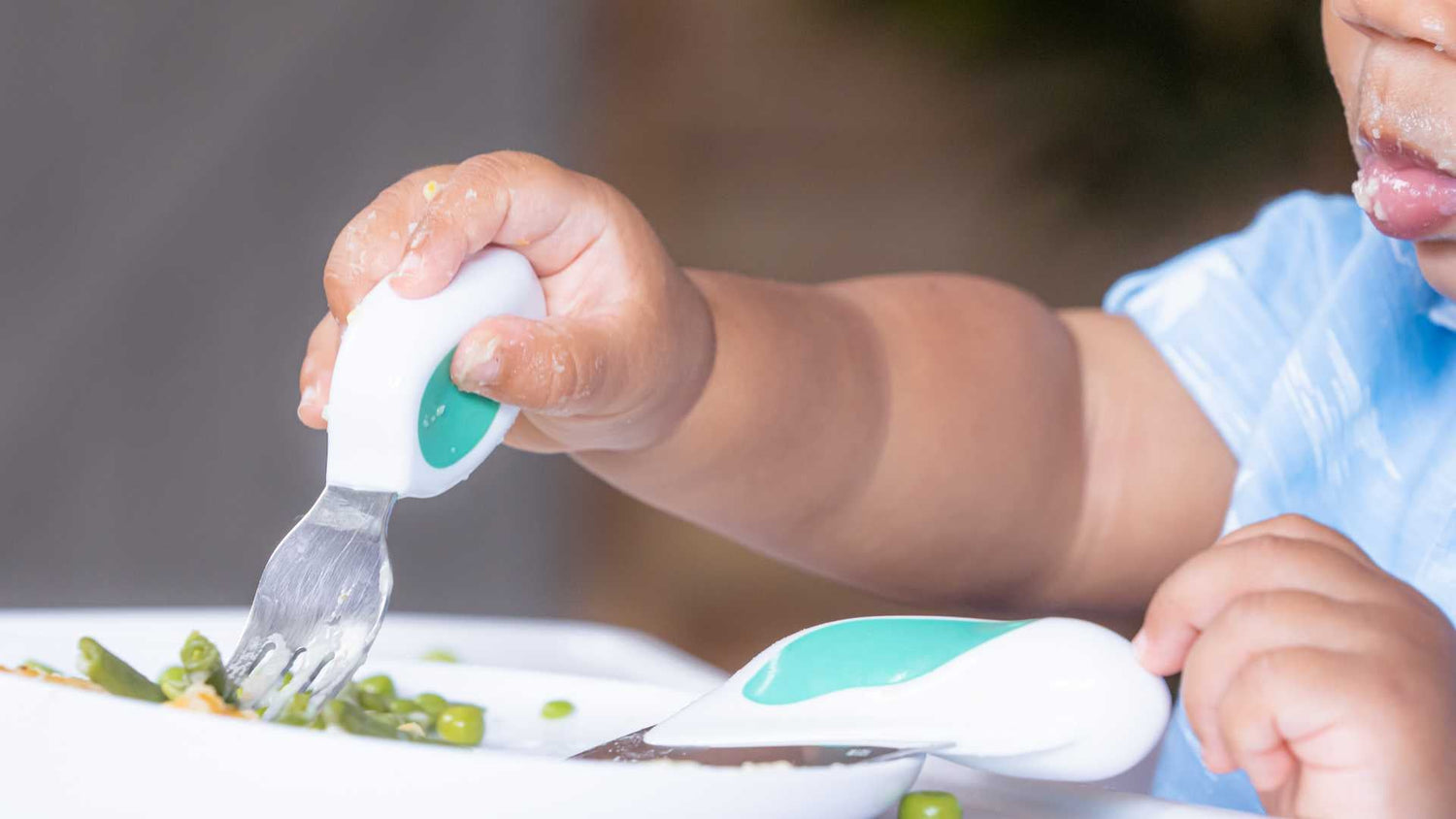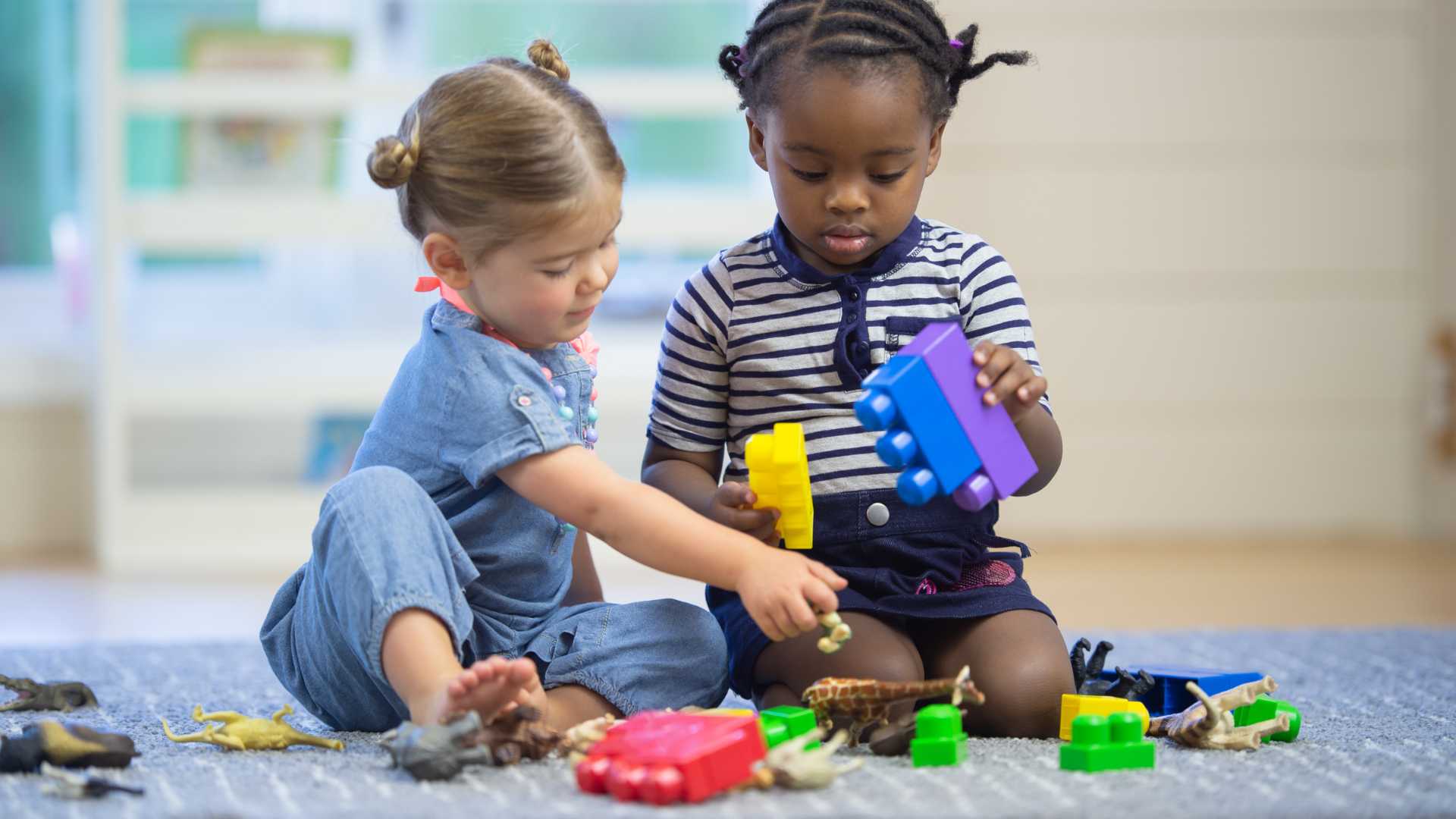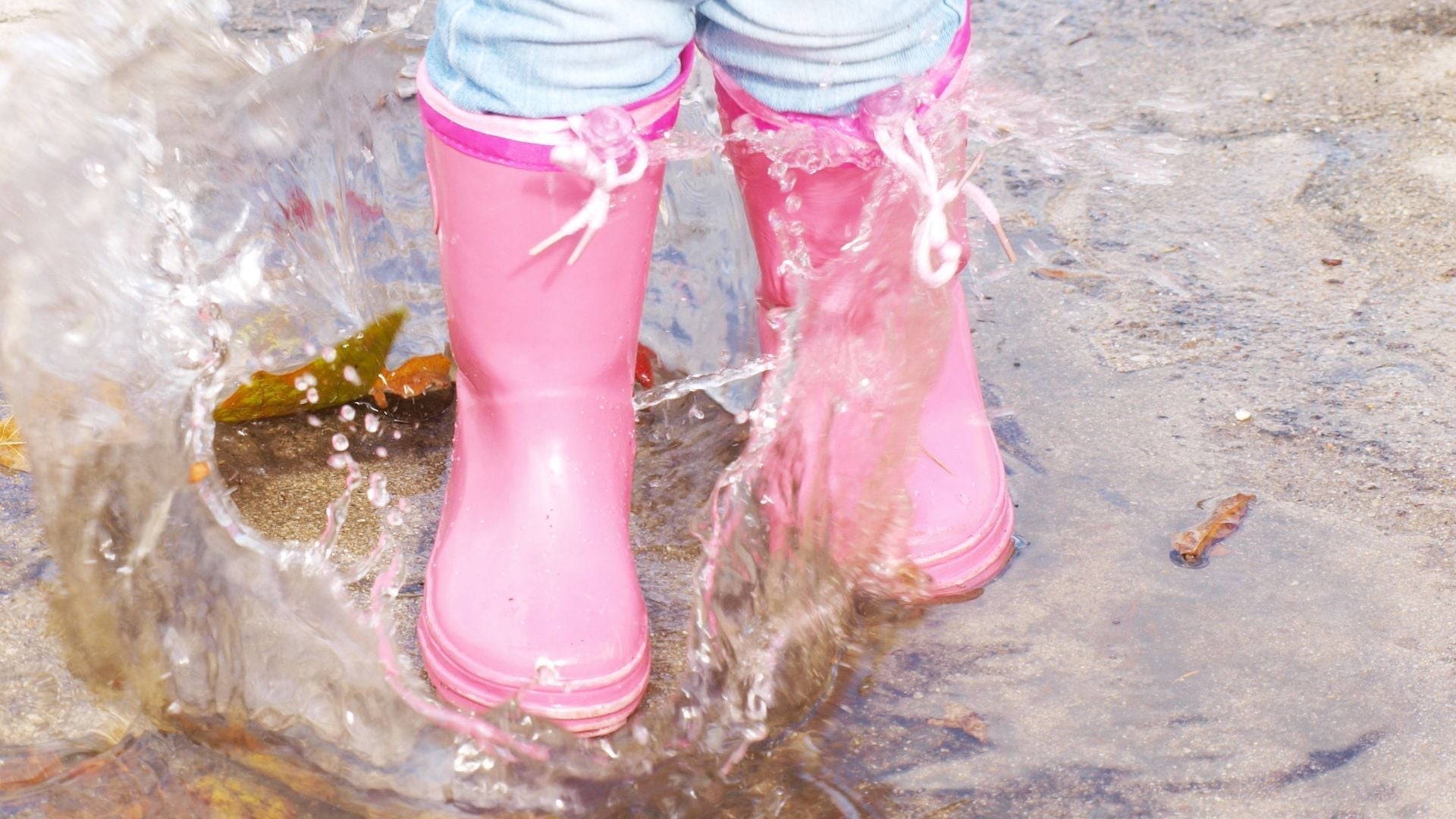While it's true that every child develops at their own unique pace, understanding the potential consequences of underdeveloped fine motor skills can help us provide the support and guidance our children need to thrive.
Fine motor skills are often not discussed as much as other areas of child development, leaving parents with questions about how to support their child's growth. In this blog, we'll explore:
- What fine motor skills are and why they matter
- Signs of underdeveloped fine motor skills
- The impact on daily activities, social interactions, and emotional well-being
- Potential long-term consequences for academic performance and future opportunities
- Practical tips and strategies for supporting fine motor skill development at home
Join us as we dive into this crucial area of child development and discover how we can best support our little ones on their unique journeys.
What are fine motor skills?

Fine motor skills involve the use of the small muscles in the hands, fingers, and wrists. These skills enable children to perform essential tasks like grasping objects, drawing, writing, and using utensils. Developing strong fine motor skills is crucial for a child's overall development, as it impacts their ability to engage in daily activities and supports their cognitive, social, and emotional growth (more on this later).
Signs of underdeveloped fine motor skills
As a parent or caregiver, it's essential to be aware of the signs that may indicate a child has difficulties with their fine motor skills. Some common indicators include:
- Difficulty grasping small objects or using utensils
- Struggling with buttons, zippers, or tying shoelaces
- Avoiding or becoming frustrated with puzzles, colouring, or writing
- Awkward or clumsy hand movements
- Preference for activities that don't require fine motor skills
If you notice any of these signs, it's important to remember that every child develops differently. However, if concerns persist, it may be helpful to consult with a paediatrician or GP for guidance.
Impact on daily activities

Underdeveloped fine motor skills can have a significant impact on a child's ability to perform everyday tasks independently. These tasks, which may seem simple to adults, can be incredibly challenging and frustrating for children who struggle with fine motor control. For example, a child may struggle with:
- Feeding themselves using utensils
- Dressing and undressing
- Brushing their teeth or hair
- Engaging in age-appropriate play activities
- Completing schoolwork or art projects
These challenges can lead to frustration and a sense of dependence on others, which may impact a child's self-esteem and confidence…
Social and emotional effects
Research suggests children with underdeveloped fine motor skills may experience social and emotional challenges. They may feel self-conscious about their abilities and hesitate to engage in activities with peers. This can lead to feelings of isolation or being left behind. Additionally, children may become easily frustrated when faced with tasks that require fine motor skills, leading to outbursts or avoidance behaviours.
Long-term consequences
If fine motor skill issues are not addressed in early childhood, they can have long-term consequences. Children may continue to struggle with daily tasks and academic performance as they grow older. This can impact their self-esteem, social relationships, and overall quality of life. Early intervention and support are key to helping children develop the skills they need to succeed.
Academic performance
Fine motor skills play a crucial role in a child's academic success. Many school activities, such as writing, cutting, and using technology, require well-developed fine motor abilities. Children with underdeveloped skills may struggle to keep up with their peers and become discouraged or disengaged from learning. This can lead to a widening gap in academic performance over time.
Supporting fine motor skill development

The good news is that there are many ways to support fine motor skill development in early childhood. Engaging in fun and purposeful activities can help children strengthen these skills. Here are some ideas to try at home:
Play-dough play
Encourage your child to squeeze, roll, pinch, shape and play with play-dough to build hand strength and dexterity. You can even have them use child-safe scissors to cut the play-dough, promoting bilateral coordination. For an extra fine motor skills boost, introduce the doddl toddler knife – it's perfectly safe for little hands and allows children to practise cutting motions without any risk of injury.
Sorting and stringing
Offer your child a variety of small objects, like beads, buttons, or pom-poms, and have them sort the items by colour, size, or shape. They can also string the objects onto laces or pipe cleaners, which helps develop the pincer grip and hand-eye coordination.
Remember: As with any activity involving small objects, adult supervision is important to ensure your child's safety. Choose age-appropriate materials and enjoy this activity together with your little one.
Using cutlery
Encourage your child to practise using age-appropriate cutlery during mealtimes. Begin with chunky, easy-to-grip toddler cutlery, which are designed to promote proper grip and control. Encourage them to stab food with the fork to hold it steady, then use a toddler knife in a sawing motion to cut the food.
Remember, the key is to make these activities fun and engaging for your child. Celebrate their efforts and progress, and don't hesitate to join in on the play yourself!
Nurturing little hands with doddl
Understanding the potential consequences of underdeveloped fine motor skills in early childhood is an important step in supporting our children's growth and development. By being aware of the signs, impacts, and long-term effects, we can take proactive steps to help our little ones build the skills they need to succeed.
Remember, every child's journey is unique, and there is no one-size-fits-all approach to development. With love, patience, and the right tools (like some handy toddler cutlery), we can help our children develop, thrive and create a foundation for a bright future.




Leave a comment
This site is protected by hCaptcha and the hCaptcha Privacy Policy and Terms of Service apply.